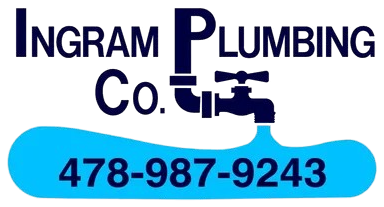Frequently Asked Questions
What are the signs that I might have a hidden water leak in my home?
Common signs include an unexplained increase in your water bill, low water pressure, mold or mildew smells, and water stains on walls or ceilings. Catching leaks early can prevent costly damage and repairs.
How do I know if I need a sewer line repair or replacement?
Warning signs include frequent drain clogs, gurgling noises in pipes, foul odors, or sewage backups. A professional inspection with a sewer camera can determine the exact issue and whether repair or replacement is necessary.
What type of maintenance should I do to extend the life of my water heater?
Flushing the tank once a year to remove sediment buildup, checking the anode rod, and inspecting the temperature setting can help your water heater run efficiently and last longer. Regular maintenance also reduces the risk of unexpected breakdowns.
Why is my faucet constantly dripping, and how serious is it?
A dripping faucet is often caused by a worn-out washer or valve seat. While it may seem minor, even a slow drip can waste gallons of water over time and increase your utility bills. It’s best to fix it promptly to prevent further damage.
What should I do if my garbage disposal stops working?
First, ensure it’s not jammed by turning off the power and checking for obstructions. You can also try pressing the reset button on the bottom of the unit. If it still doesn’t work, it may need professional repair or replacement.
How can I improve water pressure in my home?
Clogged pipes, a faulty pressure regulator, or sediment buildup in plumbing fixtures may cause low water pressure. A plumber can diagnose the root cause and suggest appropriate solutions to restore normal pressure.
Are tankless water heaters worth the investment?
Tankless water heaters are energy-efficient, provide endless hot water, and save space. While the upfront cost is higher than traditional models, they typically last longer and can reduce long-term energy expenses.
What causes slow drains, and how can I prevent them?
Slow drains are usually caused by a buildup of hair, soap scum, grease, or other debris in the pipes. Regularly cleaning drain stoppers, avoiding pouring grease down the sink, and using drain strainers can help prevent clogs and maintain proper flow.
